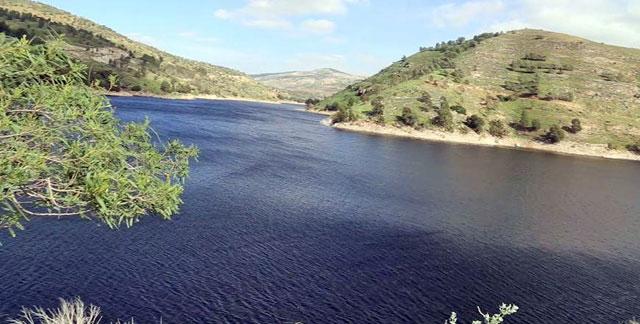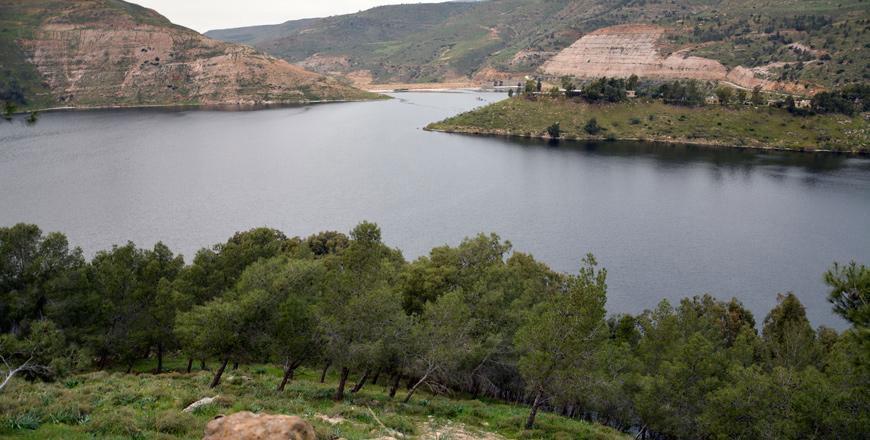You are here
Minister hails desalination as strategic solution for water scarcity problem
By JT - May 31,2019 - Last updated at May 31,2019

Water Minister Raed Abul Saud has said that climate change, the Syrian refugee influx and the growth in various sectors have all contributed to increasing demand on water, which requires searching for unconventional water resources (JT file photo)
AMMAN — Climate change, the Syrian refugee influx and the massive growth in various sectors have all contributed to increasing demand on water, which requires searching for unconventional water resources, Water Minister Raed Abul Saud said on Wednesday.
Abul Saud added that seawater desalination can be a strategic solution for water provision in Jordan, the Jordan News Agency, Petra, reported.
However, he reaffirmed on the importance of the participation of the private sector and the international community on desalination frontier.
On the issuance of the water budget for the year 2017/2018, Abul Saud said rainfall in the last wet season did not exceed 87 per cent of the long-term annual average.
Jordan is one of the poorest countries in terms of water resources, he said.
The shortcoming rainfall, according to the water budget, affected the surface and ground water resources, the minister underlined.
Notably, ground water is considered the main source for drinking water in Jordan.
The statement carried by Petra said that it supplies 100 per cent of the water demand in the southern region and more than 74 per cent of the demand in other regions.
Jordan’s consumption of water for all purposes amounted to 1,076 million cubic metres (mcm), the minister noted.
In detail, Abul Saud explained that 480mcm go to replenishing drinking supplies, 555mcm are channelled into irrigation, 34.5mcm for industrial purposes, and 7.1mcm go to supplying remote areas.
Dams are the best way to store water for agriculture and municipal purposes in a country like Jordan with scarce water resources, said Water Ministry Secretary General Ali Suboh.
He added that the Kingdom’s 14 dams stored 31.4 per cent of their storage capacity of 337 cubic millimetres, a total of 106.24 cubic millimetres.
Suboh said that unconventional water resources included the treated wastewater, brackish-water and water desalination.
The Kingdom has 32 water purifying stations with a total annual production capacity of 233 cubic millimetres, he underlined.
The total amount of brackish-water extracted reached 2.17 cubic millimetres while 4 cubic millimetres of seawater was desalinated in 2018, according to the ministry official.
The total amount of unconventional water resources stood at some 172.7 cubic millimetres, the secretary general concluded.
Related Articles
AMMAN — The recent wet weather has supplied the Kingdom’s main dams with about two million cubic metres (mcm) of water as of Saturday mornin
AMMAN — The Ministry of Water and Irrigation has implemented desalination projects worth JD40 million which have generated 3,500 cubic metre
AMMAN — The government will "go ahead" with implementing water desalination projects and will "not wait for anyone", Prime Minister Hani Mul


















